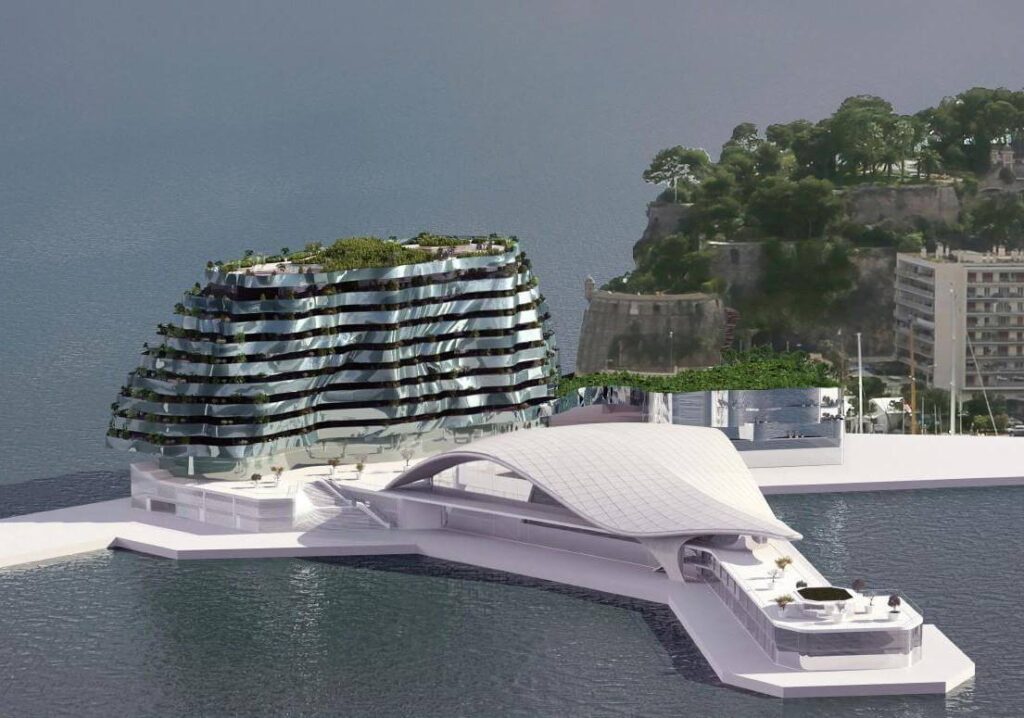Monaco sentenced to pay €150 million in property development dispute

The Supreme Court, Monaco’s highest court, has handed down its decision in the case between the State and the Italian developer Antonio Caroli. The bill is going to be a heavy one for the Principality.
The Monegasque State will have to pay €150 million to the Caroli Immo companyafter they abandoned the vast real estate and cultural project on the Esplanade des Pêcheurs. Signed in 2014, the project was due to lead, among other things, to the construction of two museums, an apartment building and premises for shops, bars and restaurants. The cost of the works was estimated at €500 million.
Almost €1 billion in compensation
It was a project that would never see the light of day due to conflicting interests amongst some of Monaco’s most important entities. “The developper was unable to guarantee the compatibility of his project with the organisation of the Grand Prix”, declared Minister of State Serge Telle in Monaco Matin last October. Following the suspension of the project, Antonio Caroli had therefore retaliated by taking the matter to the Supreme Court and asking for the sum of €800 million in compensation. In addition to this, Franck Goddio, the founding president of the European Institute of Underwater Archaeology, which is in charge of building the Centre for Man and the Sea, also claimed €180 million.
On Thursday June 25th, the Supreme Court ruled that the Monegasque State had to pay €150 million to Caroli Immo. “This sum is correct, even if it does not correspond to what had been requested. It makes up for the damage caused,” reacted François-Henri Briard, the lawyer representing Antonio Caroli, to local daily Monaco Matin. Franck Goddio’s application was not passed.
The National Council welcomed the judgement, which stated in a press release that it had “nevertheless repeatedly requested that a consultation take place between the Government and the developer to avoid this type of conviction, which today has a heavy impact on public finances, without the State benefiting from any compensation.” The penalty is all the more costly given the current economic crisis.









